Inside Philip Morris International: On a mission to convince the skeptics
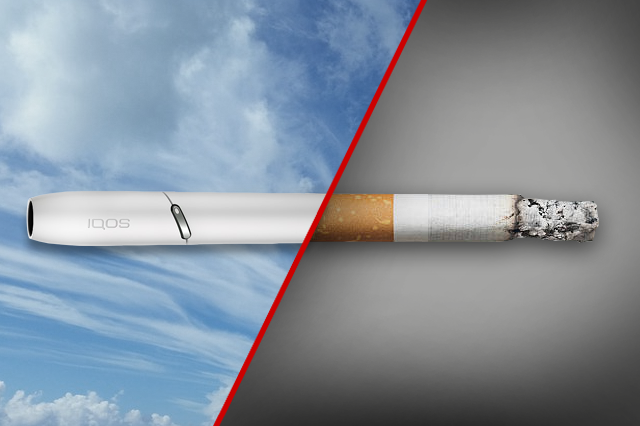
The world’s largest tobacco company says it wants you to stop smoking. What is it like to work inside Philip Morris International as it tries to radically reinvent itself? In short: never boring.
The inside of Philip Morris International’s (PMI) operational headquarters in Lausanne looks more like the headquarters of a tech company in Silicon Valley than an old cigarette company. In contrast to the straight edge façade, the interior is bright, busy, and almost playful with purple work pods and tall glass phone booths scattered around as people zigzag across the building.
This is perhaps emblematic of the major transformation underway at PMI. Or, so it says. As Tinat Chowdhry, manager of market support for global communications, puts it, “people think of us as the Marlboro maker. It is going to take time to convince them that we are genuine about our commitment to a smoke-free future.”
Inside the Multinationals Series
This article is part of a series on what it is like to work for a multinational company in Switzerland. Multinationals play an important role in the Swiss economy, but for many people, the companies can seem like islands of concrete buildings or campuses full of foreign workers. This series aims to uncover what it is really like to work at these companies and to explore the issues faced by their employees.

Just over two years ago, PMI announced a revamp of its entire business model based on the belief that it wants to help solve a problem of its own making. It isn’t getting out of the tobacco game but the controversial company that has had a strong presence in Switzerland for more than 50 years, is asking smokers to quit smoking cigarettes.
If they don’t, PMI is encouraging them to switch to what the company claims are less harmful alternatives – preferably, their own smoke-free products such as the heat-not-burn IQOS device (which, customers say stands for, “I quit ordinary smoking” although not an official company slogan).
An unconventional career path
PMI is the quintessential multinational company. It’s rare to find people of the same nationality on one team. Chowdhry is originally from Calcutta, India. Her colleague Christina Yatrakis, who supervises operations communications, grew up on the US east coast. And, Rui Minhos, head of scientific engagement, was born in a small village in central Portugal.
PMI roots in Switzerland
PMI’s identity isn’t exactly American, but it’s not really Swiss, either.
In 2008, the company was spun off as its own entity from Altria Group, Inc. – the parent company of Philip MorrisUSA. While the two companies share brands like Marlboro through licensing agreements, PMI only sells products outside the US and has entirely different owners than its American namesake.
It has a small corporate headquarters in New York, but most decisions are made out of the Swiss city of Lausanne and the first Marlboro cigarettes manufactured outside the US were in Neuchâtel, which is also its main research and development center. Its products are sold in 180 markets, of which Japan is the fastest growing market for heated tobacco products.
+ Read more about how Switzerland became the land of tobacco
Tobacco was not the obvious career path for Chowdhry or her colleagues. The market support manager explains, “I wanted to work for a consumer goods company, but I was looking at the typical companies like Unilever. Tobacco just wasn’t on my list.” When she saw the job in 2016, she was “amazed by what the company is trying to do [with its smoke-free strategy].”
Minhos, a pharmacist who worked in regulatory affairs in the pharmaceutical industry for nearly a decade, received the call from a headhunter in 2010. “I recall asking myself – why does a tobacco company need a pharmacist?”
He explains that, “at the time we didn’t have IQOS but there was talk of next-generation products that can reduce the effects of cigarettes”.
It became clear what made him an attractive candidate. “They were going to have a lot of science, a new product that will have to be regulated, and they have a serious credibility gap,” explains Minhos. He says that after eight years with PMI, “I don’t regret the decision”.
“Quit nicotine products”
Working for a company that produces a product scientifically proven to cause cancer raises some uncomfortable ethics questions. Yatrakis says she thought about the issues before joining but “I believe in what we are doing and that we are doing it the right way.”
Chowdhry also says she doesn’t really have any issues with it. “I am trying to convince everyone I know to quit nicotine products. And, that’s what the company tells me to say. However, if you choose to smoke, then use better alternatives.”
Smoke-free products
There are two major categories of smoke-free alternatives to traditional cigarettes. The first category, which includes IQOS, heats tobacco without combustion or smoke. The second type are e-cigarettes that vaporize a nicotine-containing liquid.
According to employees, PMI’s strategy is not to attract new smokers and in fact, they say that IQOS stores are supposed to turn away non-smokers. “Choosing not to smoke or quitting cigarettes altogether is the best option. But for those that don’t, our smoke-free products have the potential to be dramatically less harmful than continuing to smoke cigarettes,” explains Chowdhry.
Convincing customers not to buy a product that has made the company so profitable doesn’t seem like a winning strategy. But the company says that shifting the one billion existing smokers in the world to smoke-free alternatives leaves plenty of room for growth.
But the story may not be as straight-forward as it seems. The company has been accused of trying to weaken or block anti-smoking lawsExternal link, especially in Africa.
Anti-tobacco groups also argue the company is contributing to the “epidemic of e-cigarette use among teenagersExternal link” according to the US Food and Drug Administration Commissioner. It has also been accused of targeting youth,External link particularly in developing and emerging economies like India, through giveaways and colourful ads.
The fact that IQOS’ sleek design and different coloured accessories could easily be mistaken for an iPhone doesn’t exactly win over critics.
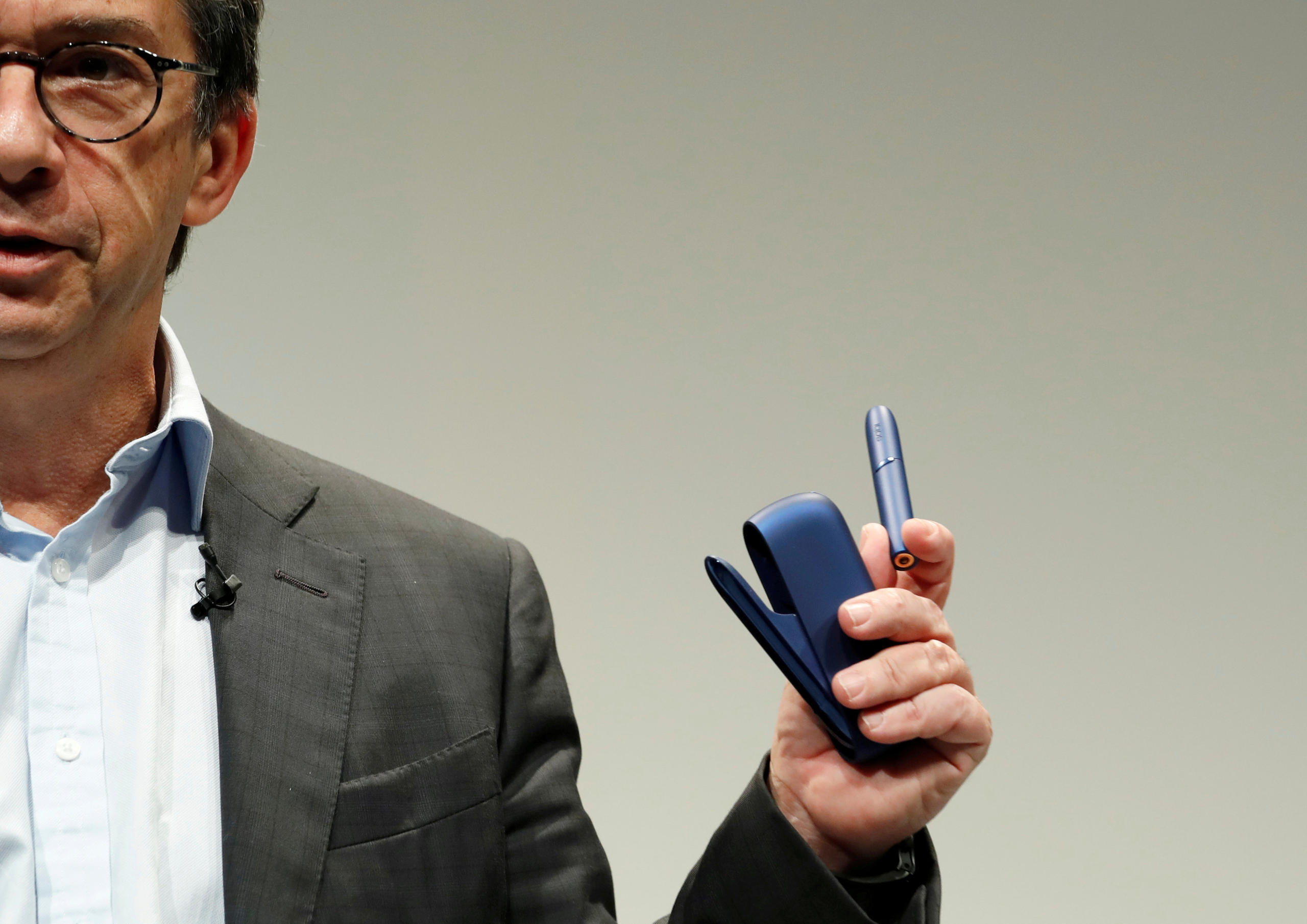
Taking a page from pharma
Minhos and his colleagues know they face an uphill battle to earn the public’s trust. Not only has PMI been making a product that harms human health, it has also faced lawsuits over deceptive marketing tactics and has been accused of downplaying the negative impacts of cigarettes.
Some 27 countries have bans on e-cigarettes and other smokeless tobacco devices including Australia, Hong Kong, and Brazil.
To convince governments, medical professionals and the public that such devices are the way forward, the company is taking a page from the pharmaceutical industry playbook, with Minhos’ help: focus on the science.
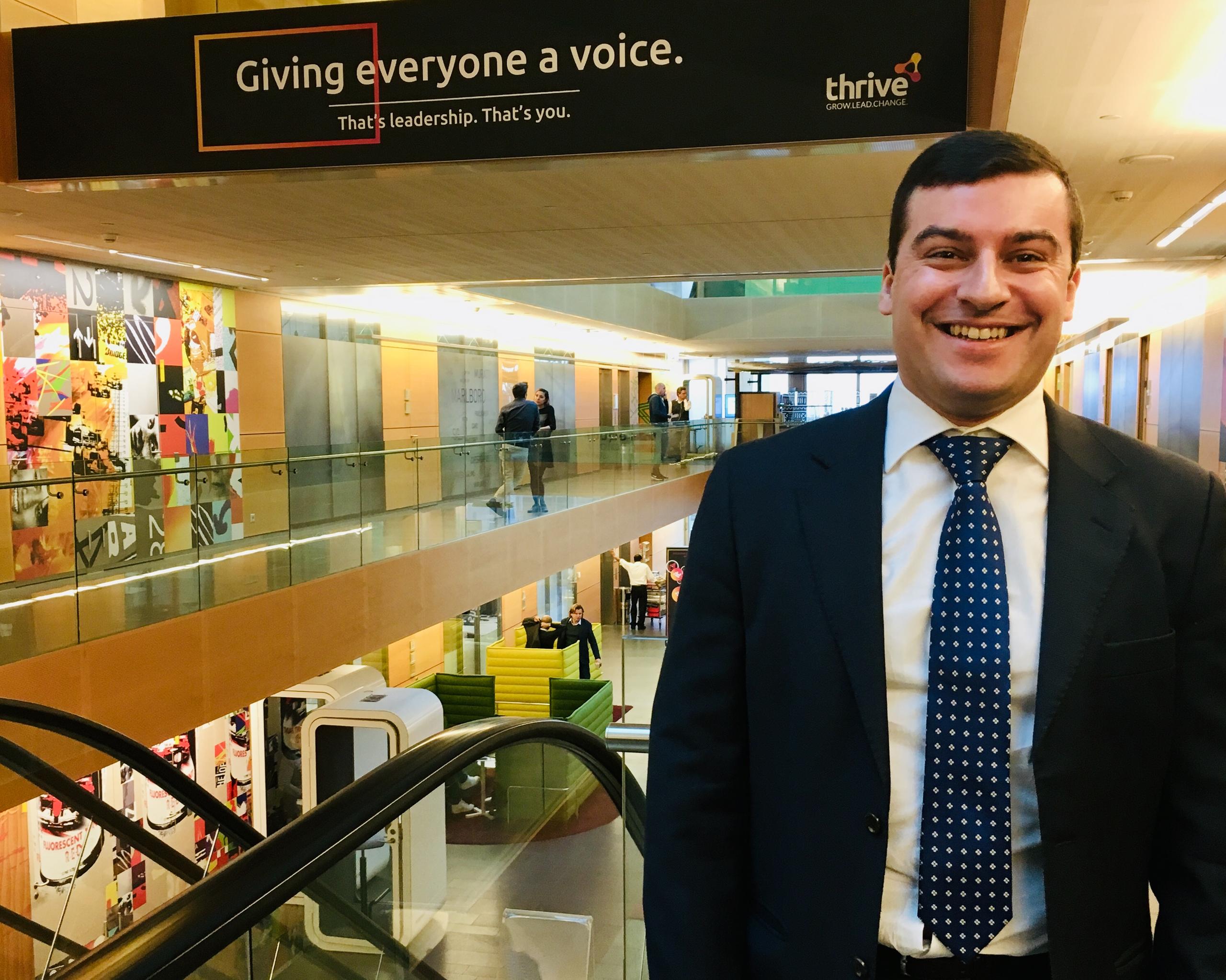
Minhos spends most of his time attending scientific conferences, giving regulators tours of PMI’s research facilities, and ensuring quality control across its scientific studies, of which PMI has published more than 30 on its heat-no-burn product IQOS.
PMI claims the studies show that heating rather than burning tobacco significantly reduces users’ exposure to carcinogens. Anti-tobacco groups and other criticsExternal link question the independence of these studies and argue that they don’t capture the long-term impacts of the products. There is also some evidenceExternal link that e-cigarette users are at higher risk of heart attacks.
Minhos believes that the scientific community will come around to believe that so-called “harm reduction programmes” are necessary in a world of more than a billion smokers. He says, “If harm reduction programmes for HIV, seat belts, and needle replacement programs work, why don’t you look at tobacco harm reduction?”
The company says around six million people have already switched to smoke-free products and even in places where such products are banned, the company is gaining ground. In Brazil, Minhos highlights that PMI “managed to have a scientific session on a Sunday afternoon in a hospital with 20-30 doctors in a country where the product is banned”.
He is convinced that PMI is on the right track. “If we have been part of the problem until now, we have the possibility to be part of the solution.”

So, is this the end of Marlboro cigarettes?
The answer is “yes, but…”
Chowdhry explains that PMI’s CEO André Calantzopoulos “said yes [we will stop selling cigarettes]. We have re-allocated a significant part of our resources to support the development and commercialization of smoke-free products. But, it takes time to make a major transformation.”
About PMI
Founded: Philip Morris & Co was incorporated in the US in 1919. In 1963, it acquired Neuchâtel-based Fabriques de Tabac Réunies and in 1987, PMI became an operating company of Philip Morris Companies. In 2001, the PMI operations centre was transferred from New York to Lausanne and PMI eventually became a separate entity from the US-based Philip MorrisUSA.
Headquarters: Lausanne (operational); New York (corporate)
Number of employees: 81,000 worldwide, of which 3,000 employees are in Switzerland.
Operations: The company has 46 production facilities in 31 countries around the world and its products are sold in 180 markets. It has three locations in Switzerland – Lausanne, Spreitenbach, and Neuchâtel, where it houses its global R&D and its oldest manufacturing facility that currently produces both cigarettes and heat-no-burn products.

In compliance with the JTI standards
More: SWI swissinfo.ch certified by the Journalism Trust Initiative
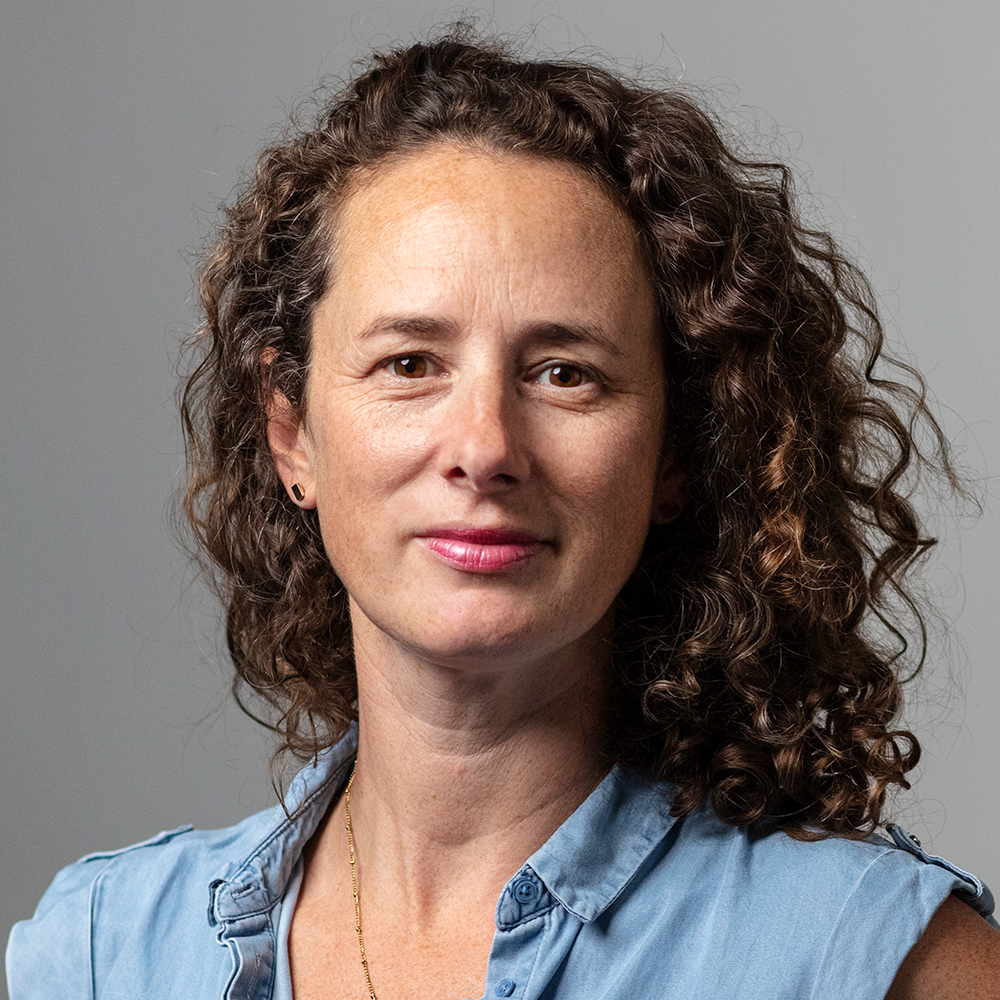

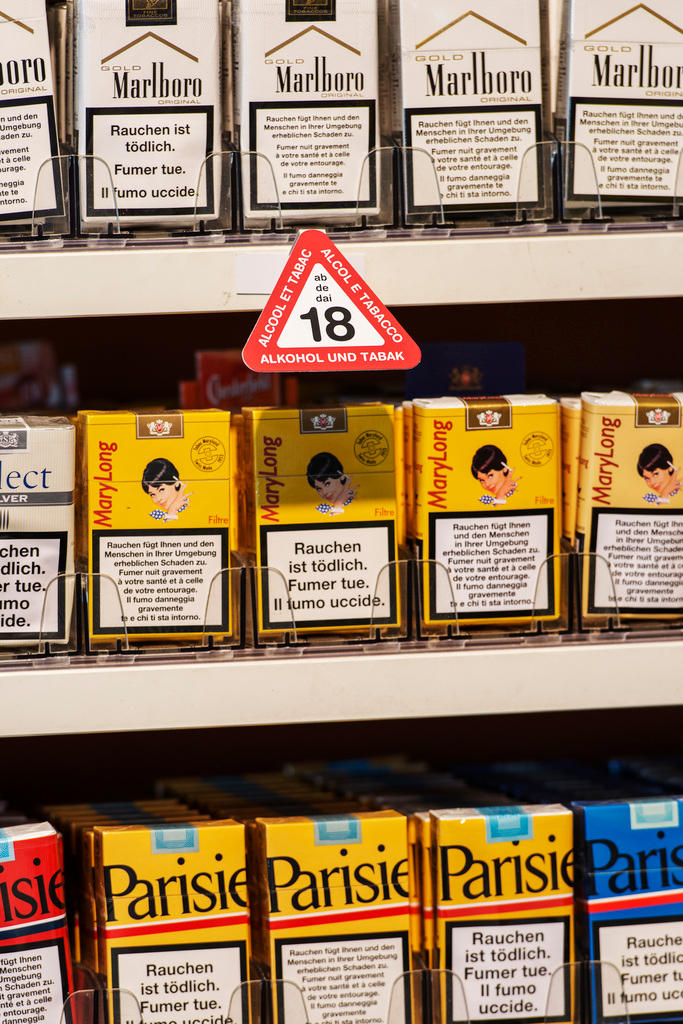
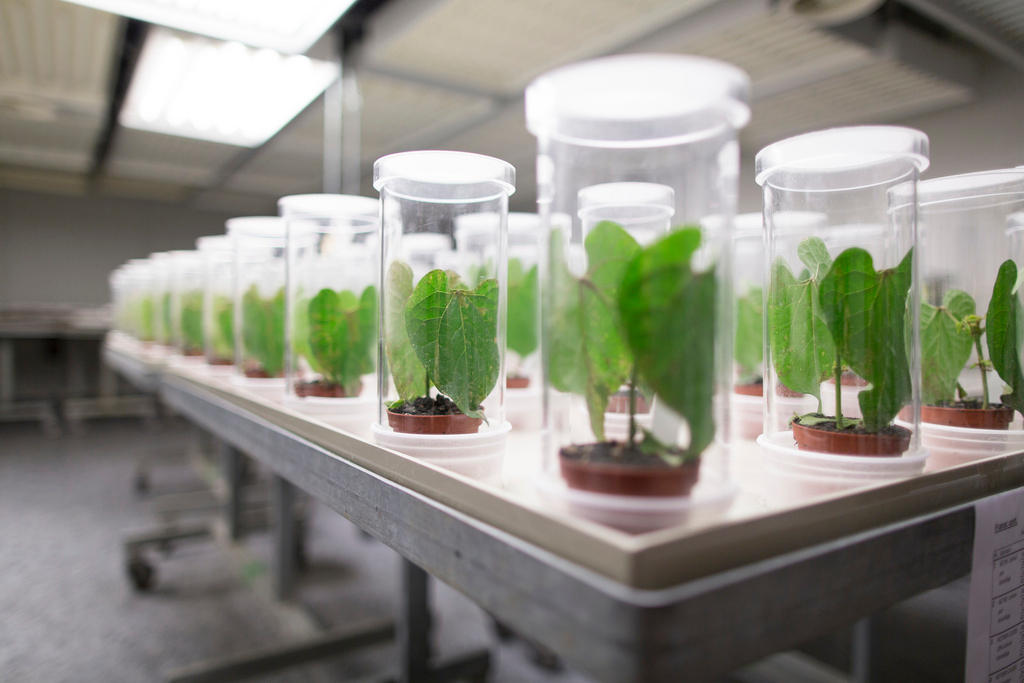
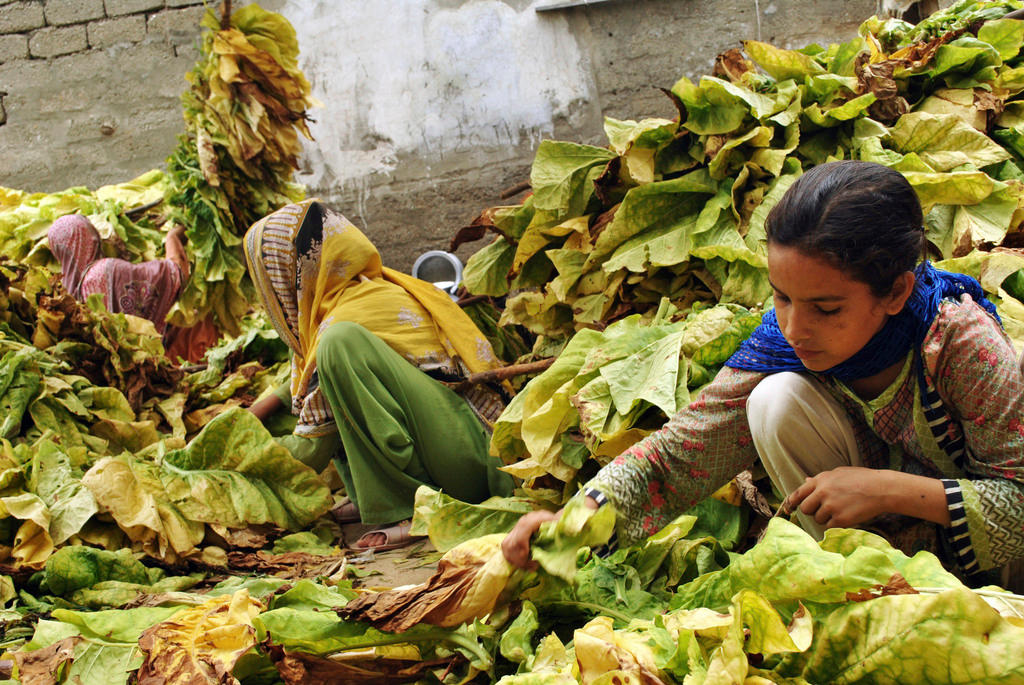
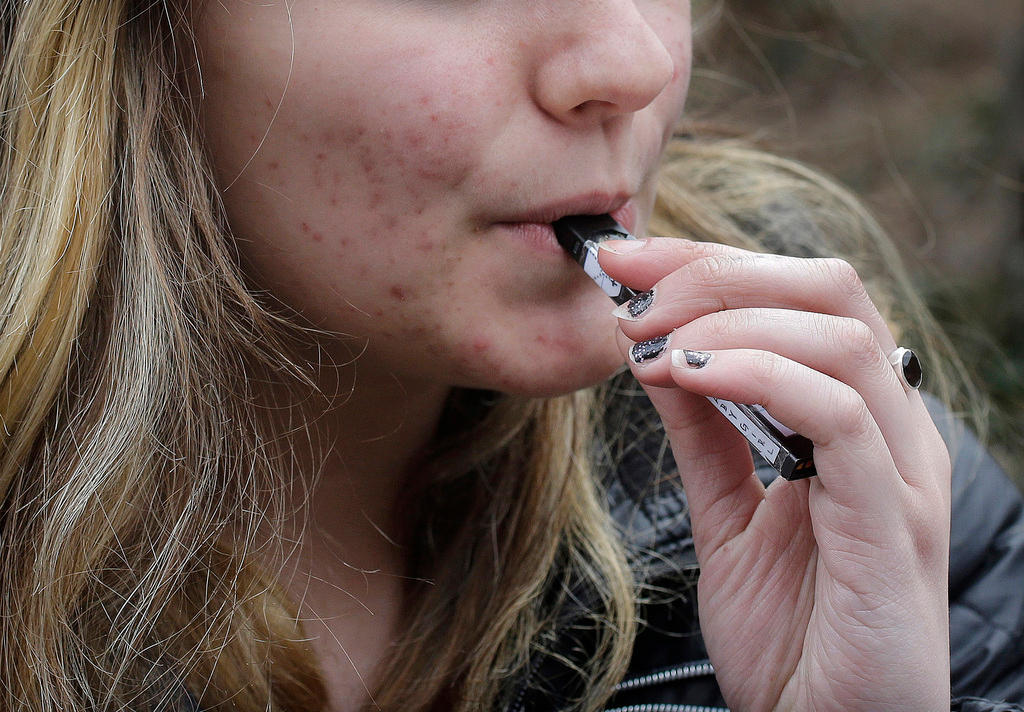
You can find an overview of ongoing debates with our journalists here. Please join us!
If you want to start a conversation about a topic raised in this article or want to report factual errors, email us at english@swissinfo.ch.